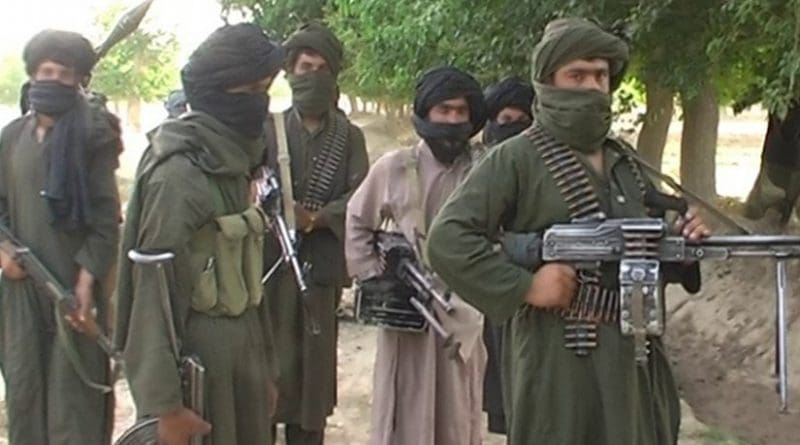Afghan Peace: Myth Vs. Truth – OpEd
It has been decades of violence and war in Afghanistan, since the US occupation of the state from the clutches of Taliban.
The US apparently indulged in the war to bring peace to the country. Karzai was appointed as head of the state in 2001. And his position was cemented after the 2003 elections that led to a big victory. Karzai made peace his priority. At least, his first speech from presidential palace in the presence of world media suggested so. ‘Peace’ was still a reality for many Afghans; until the war against Taliban and other terrorist organizations failed at multiple levels in 2007, a decade ago. This failure consumed the lives of thousands of Afghans, leaving many injured and even handicapped.
Meanwhile, Karzai was once again elected as the new President in 2009 with the hope of bringing peace to the war torn country.
Year 2010 witnessed temporary success as the state engaged in active negotiations with the Taliban for peace. However, it couldn’t provide a panacea for the agony of Afghans. Although the Taliban were seemingly a part of peace talks, they continued waging war in different parts of the country, keeping the government engaged. Pakistan too tried to facilitate the peace talks, but ended up causing more obstacles. Karzai left his post amidst a severe peace crisis that was worsened by suicide bombing attempts, kidnapping, corruption and much more. The ambiguous nature of 2014 national elections led to a second round.
Ashraf Ghani and Abdullah Abdullah were the two choices for Afghans. Ghani had taken a significant lead, but Abdullah raised speculations about the nature of the elections. Finally, the chaos again led to US interference. Ghani and Abdullah joined hands and the allied government came to power. Both the politicians agreed on working together, forgetting the differences and pledged peace for the country in their speeches.
By this time, the Afghans were feeling hopeless. There was a reason for it. ‘Peace’ had become elusive over the years and was being defined as a mystery by the politicians. The basic security which an economy needs to thrive was missing due to the recurrent wars. The capital of Kabul and other cities were constantly falling prey to terrorist attacks, increasing the number of victims. This stagnancy caused many to flee their homeland and migrate to Europe.
Last year, as for the Syrians, was a migration year for Afghans. Hundreds of thousands left Afghanistan, with the hopes of living a new, peaceful life in Europe. The year marked the highest numbers of migration in the history of the country.
The recent blast, in a high security area of Kabul, which killed 64 and injured over 300 and was claimed by the Taliban, explains plight of the Afghans.
The word peace has been indeed remained a mystery for Afghans

